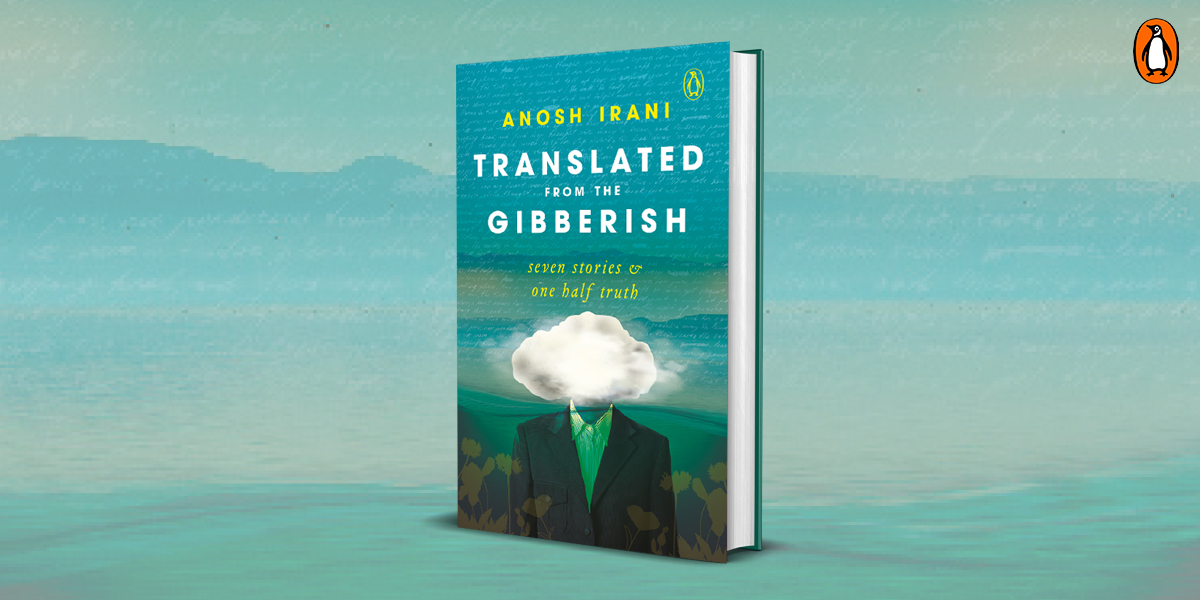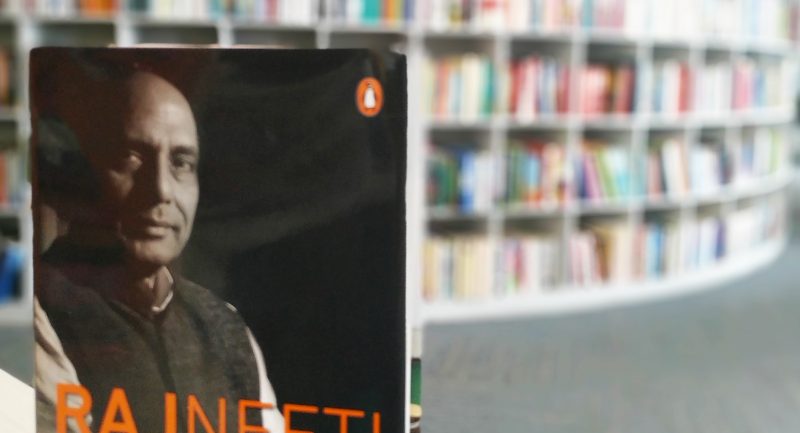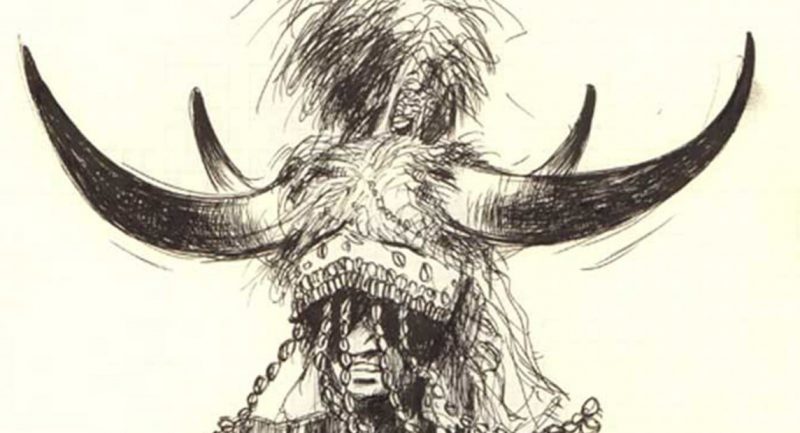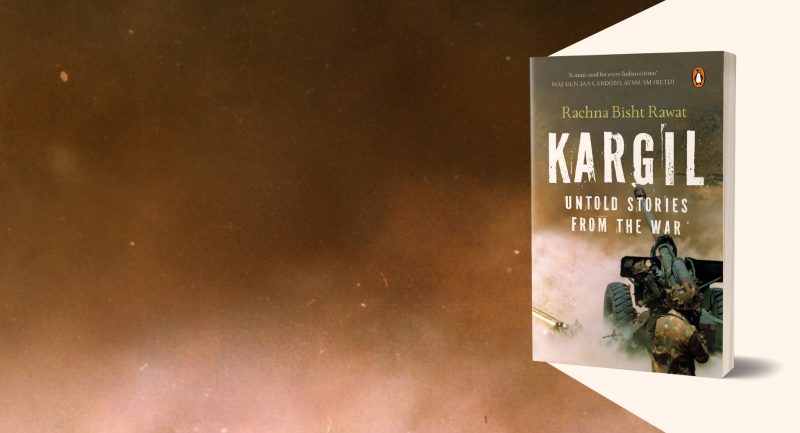
The people who migrate to a foreign land are often swathed in nostalgia of a place they call their own – their home. But what is really a home for an immigrant? Is it a place they inhabit or the land where their heart belongs?
Anosh Irani moved to Vancouver to pursue a degree in fine arts. It has been over two decades since he left the bustling streets of Bombay (as he prefers to call it). His latest book Translated from the Gibberish is a result of his many visits to the JJ Bridge in Mumbai, overlooking the houses lined nearby, as he expresses that, “The bridge allows me to be so close to their windows that I can literally smell their lives.”
The excerpts below reveal the everyday realization of life as an immigrant, through the lens of different characters from Translated from the Gibberish (Part One).
Abdul, a chef in Vancouver encounters a rat scurrying in his restaurant…
“That rat had found a way in but could not find a way out. That rat was him.” … “Abdul was a passport-less creature; he had used a tourist visa to enter Canada, and was now one of the invisibles.”
~
The only place where Abdul felt happy was at the cricket ground where –
“The soft carpet of grass had been a revelation. Unlike the dusty maidaans of Bombay, which sent him home with cuts and bruises, the grass was a homely rug— gentle and inviting. He had literally gone to sleep on it, feeling it against his back. He had been in Vancouver for more than a year by then, but this was the first time he had smiled. And the grass had smiled too. No one in Vancouver had smiled at him, but the grass did.”
~
Sujoy, an immigrant in New York, overcome by memories of his mother’s authentic recipes…
“He cooked the only way he knew how, the way his mother had taught him. But after he had eaten at some Indian restaurants in New York, the meaning became clear. Some of the meals had been great—but that was like saying the music in an opera was superb, except for when the soprano hit the wrong notes.”
~
On a Sunday morning, in their house in Mumbai, Sujoy’s father grabbed an atlas he won at a radio quiz show –
“And when he touched his atlas, he traced his fingers along its pages as a blind person would, as if searching for something.”
~
Majid, the owner of a sweet shop in Canada named ‘Almirah Sweets’, which meant –
“A treasury of sweetness. It was borrowed from the Urdu word for cabinet, but for Majid it meant a treasure chest of the most delectable delicacies known to man, woman, or beast. Of course, he did not mention the beast part to anyone, but he’d had a dream the night before the shop opened in which a fantastical beast had towered above him, baring its teeth and fangs; Majid had offered it some mawa dessert, and the beast had eaten the delicacy gently, and had blessed Majid instead of harming him. Majid interpreted the dream as a sign that no matter how foreign these shores looked, no matter how threatening its people seemed, his sweets would bring them together.”
Each narrative arc in the book conveys the pathos of hundreds of immigrants – their longing to return to their loved ones and the comfort of foreign land. Grab a copy of Translated from the Gibberish (Part One) and indulge in some nostalgic trips of your own!









